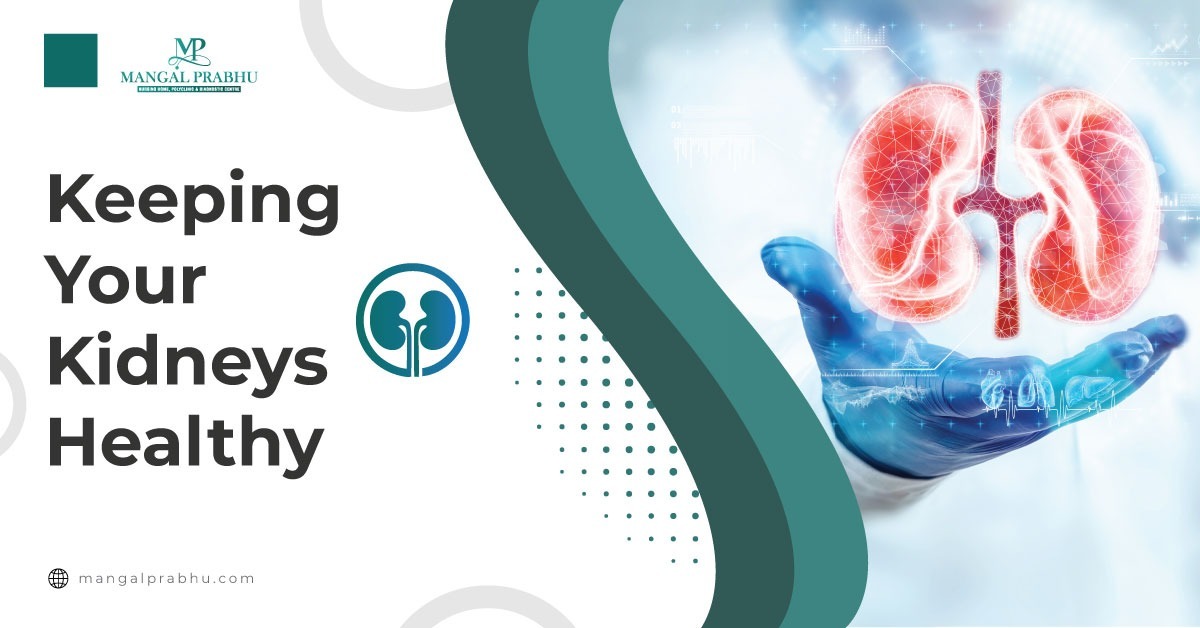
Chronic kidney diseases affect 1 in every 3 people suffering from diabetes and 1 in 5 adults diagnosed with high blood pressure. In addition to that, a family history of kidney disease and a heart condition might also pose a threat to your kidneys. It’s important to schedule regular health checkups with a kidney specialist in Navi Mumbai to keep your kidneys in good condition.
Your kidneys consist of several nephrons that are responsible for filtering your blood. A gradual decline in your kidney function happens when these nephrons shut down one by one, making it difficult for your kidneys to function normally. As a result, you might need dialysis to filter your blood or a kidney transplant eventually.
How to Prevent Kidney Diseases?
Since kidney failures occur slowly and silently, they might not produce any initial symptoms. The condition can worsen over time until both kidneys stop functioning altogether. Here’s what can help prevent kidney diseases.
Be Careful with the Antibiotics and Other Medications
Antibiotics affect your kidneys negatively when you take an overdose. Likewise, NSAIDs can increase the risk of chronic kidney disease in patients. For those who are already on dialysis or are at high risk of kidney diseases, it’s important that you stop taking these medications or take them only after a doctor’s prescription.
Eat Healthy Foods
Whatever you eat is processed by your kidneys. This includes salt, sugar, processed and unprocessed food, foods rich in saturated and unsaturated fats, and so on. A poor diet can increase your risk of obesity, heart disease, and diabetes, all of which can be hard on your kidneys. You should focus on healthy vegetables, fruits, omega-3 fatty acids, and other foods rich in vitamins and minerals.
Watch Your Salt Intake
Too much salt in your diet puts you at high risk for high blood pressure, which is the leading cause of kidney diseases. Excess salt increases the volume of protein in your urine. This also increases your risk of kidney stones. You should watch your salt intake, whether or not you have existing kidney disease.
Keep Yourself Hydrated
People with kidney stones are advised to drink enough water to prevent dehydration. Water helps pass the waste products to your bladder, which is excreted from your body through urine. Not drinking enough water will hamper the filter’s function, leading to kidney stones and other infections. You should aim to drink at least 5-6 cups of water every day and more if you spend the day out in the heat.
Exercise Daily
Exercise keeps your heart in good shape, which in turn, prevents kidney damage due to an existing medical condition. That doesn’t mean you need intense workout sessions. Just take a walk for 15-20 minutes every day when starting. You can gradually increase your limit. But, before exercising, consult your doctor about whether it’s safe to practice physical exercises. How will it affect your kidneys?
People with kidney diseases might need to hit the dialysis center in Navi Mumbai to get their blood filtered every week or twice a week. You can discuss more treatment options with a urologist.
